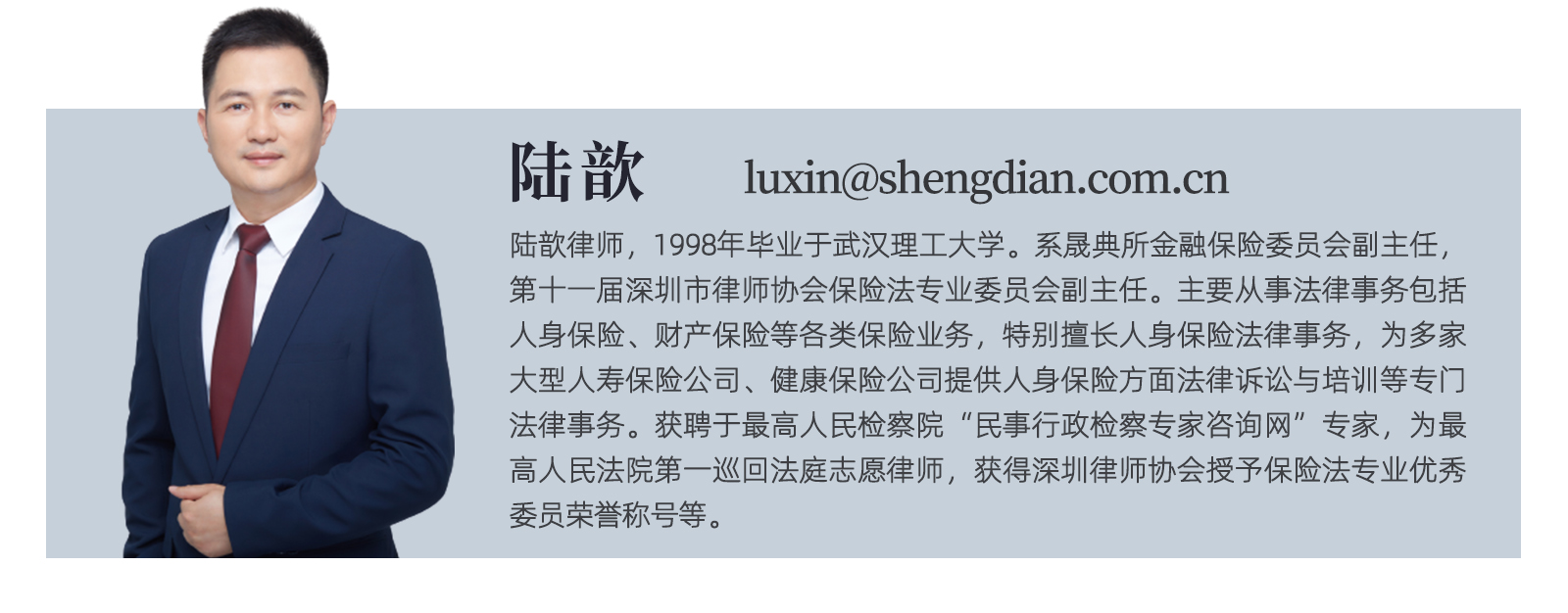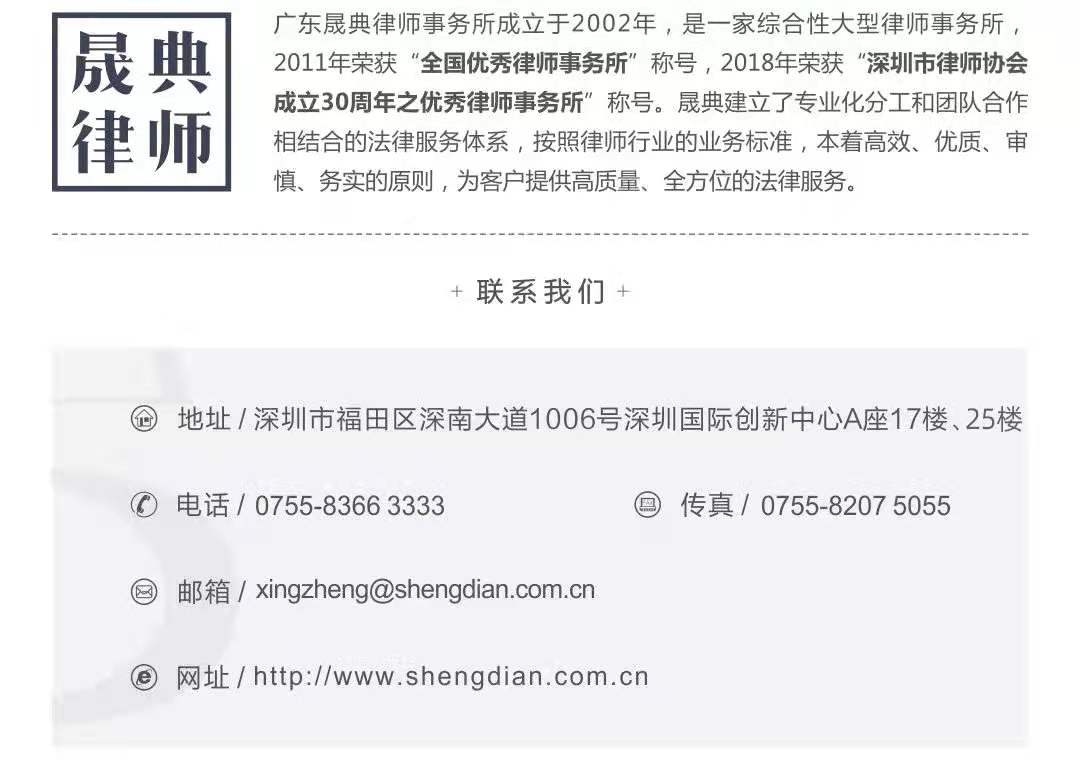Can the insurance company refuse to pay for the sudden death of the insured during the prevention and control of the epidemic without an autopsy?
![]() Loading...
Loading...
![]() 2022.04.18
2022.04.18

Since the outbreak of novel coronavirus pneumonia in early 2020, the CPC Central Committee and the State Council have attached great importance to the prevention and control of the epidemic, demanding that more effective measures be taken to achieve maximum prevention and control results at minimum cost and minimize the impact of the epidemic on economic and social development. In the traditional customs of funeral management, in order to avoid the risk of epidemic spread caused by crowd gathering, local governments have advocated a simple funeral. Life insurance is the life and body of the person as the subject of insurance, the insured person died due to the epidemic prevention and control reasons can not be timely insurance report, also failed to meet the requirements of the insurance company for autopsy, resulting in disputes also occasionally occur. The author once handled a sudden death case, for you to introduce the insured during the epidemic prevention and control of sudden death without autopsy encountered insurance refusal to deal with, for your reference.
1. Basic case
Zhao Moumou insured himself through the Internet on August 22, 2019. The types of insurance include accidental death personal accident insurance, additional accidental injury total disability subsidy insurance, and additional sudden death insurance. Zhao paid the insurance premium through the network 96 yuan, the insurance company then issued the "amulet-accident insurance electronic insurance policy", the insurance contract was established. The insurance period is one year, from 0:00 on August 22, 2019 to 24:00 on August 22, 2020.
At noon on April 5, 2020, Zhao suddenly fainted, although the 120 emergency center visit rescue, but an hour later after the rescue is invalid and was declared clinically dead, the hospital issued a diagnostic certificate that Zhao belongs to sudden death. Zhao Moumou was cremated and buried the next day after his death, and his family did not hold a memorial service. After dealing with the funeral, Zhao's family reported the case to the insurance company and applied for compensation. The insurance company made a decision to refuse compensation on the grounds that Zhao's death due to "acute heart failure" was not an accident and was not responsible for sudden death. Zhao's family believed that Zhao's death was a sudden death, and the insurance company should bear the insurance liability for sudden death, so it sued the arbitration court according to the arbitration clause agreed in the insurance policy.
2. Referee point of view
The main controversy in this case is:1.Family members only report the insurance after the insured is cremated. Does the cause of the accident not be identified?2.Does the "direct cause of death cannot be ascertained" in the sudden death clause constitute a substantial limitation on insurance liability, thus rendering the definition clause partially invalid?
The arbitration tribunal held that the insured's death was in the midst of an epidemic, and the family members should be cremated the day after his death at the request of the local government, and there was no intentional or gross negligence in the family's behavior. In addition, the medical record information and diagnosis certificate issued by the hospital can prove the course and reason of the insured person's death. Therefore, the arbitral tribunal did not support the insurance company's defense that the beneficiary failed to prove whether it was an insurance accident.
At the same time, the arbitration tribunal held that the World Health Organization (WHO) defined sudden death as "sudden death due to natural diseases in an unexpectedly short period of time in a healthy or seemingly healthy patient". In forensic pathology, sudden death is the sudden, unexpected, non-violent death of a seemingly healthy, asymptomatic person due to an underlying disease or dysfunction. Sudden death can be divided into two categories: sudden cardiac death and non-sudden cardiac death, of which sudden cardiac death accounts for the vast majority. The second paragraph of Article 2 of the Additional Sudden Death Insurance Clause (Section B) defines sudden death as "sudden death" refers to the sudden occurrence of acute symptoms, and the direct and complete death within 24 hours after the onset of sudden symptoms. And the direct cause of death cannot be determined ", the definition should be understood in two parts. The first half of the definition "'sudden death' refers to the sudden onset of acute symptoms, and direct and complete death within 24 hours after the onset of sudden symptoms", similar to the understanding of the medical community. However, the second half of the sentence "the direct cause of death cannot be determined" is not the element that the medical profession recognizes sudden death. In fact, modern medicine can identify the direct cause of most sudden death. Therefore, the insurance clause limits "sudden death" to the situation where "the direct cause of death cannot be determined", resulting in the scope of sudden death stipulated in the clause being far narrower than the scope of "sudden death" understood by the medical profession. The insurance company did not make a prompt on the insurance policy or other insurance certificate that was sufficient to attract the attention of the policyholder, nor did it make an explanation of the content of "non-pathological sudden death" and its legal consequences that ordinary people can understand. Therefore, the provision has no legal effect.
The arbitration tribunal held that the reasons for the insurance company's refusal to pay compensation were insufficient, and ruled that the insurance company should bear the insurance liability for the payment of sudden death insurance benefits and compensate for the loss of interest, and the insurance company should bear all the arbitration costs.

3. Legal basis
Article 17 of the Insurance Law Where an insurance contract is concluded and the standard terms provided by the insurer are adopted, the insurance form provided by the insurer to the policyholder shall be accompanied by the standard terms, and the insurer shall explain the contents of the contract to the policyholder.
With regard to the clause in the insurance contract that exempts the insurer from liability, the insurer shall, when concluding the contract, make a prompt sufficient to attract the attention of the applicant on the insurance policy, insurance policy or other insurance certificate, and make a clear explanation to the applicant in written or oral form on the content of the clause; if there is no prompt or clear explanation, the clause shall not be effective.
If the insurer fails to perform the obligations stipulated in the preceding paragraph in a timely manner, in addition to paying the insurance premium, it shall compensate the insured or the beneficiary for the losses suffered as a result.
4. Advice of Lawyers
The outbreak of the infectious disease of novel coronavirus pneumonia has undoubtedly sounded the alarm bell from nature, and has also brought serious impact on people's work and life. Under normal circumstances, in the event of an insurance accident, it is the duty of the policyholder or beneficiary to report the case to the insurance company in a timely manner and apply for a claim in accordance with the insurance contract. When an insurance company receives a report, it conducts an insurance accident investigation in a timely manner, reflecting the responsibility and responsibility of the insurance company. After the "3.21 air crash", a number of insurance companies quickly launched emergency response to major emergencies, actively carried out relevant rescue, investigation of customer accident information and other work. The proactive behavior of these insurance companies is commendable.
In this case, the cause of death of the insured can be found out through medical record information and diagnosis certificate; due to epidemic prevention and control, the family members of the insured reported the case and applied for compensation after handling the funeral. Although the act is contrary to the insurance contract, it does not affect the identification of the cause of the insurance accident. Whether an autopsy is necessary to identify the cause of death, the insurance company should combine the impact of the epidemic with the facts identified, make a comprehensive judgment and make a timely decision to settle the claim; the insurance company should not increase the burden on the beneficiary and require the beneficiary to bear an additional burden of proof.
Insurance contract is the largest good faith contract, insurance consumers and insurance companies should keep their promises. In this case, although the beneficiary's claims are supported, we can still get some suggestions from it: insurance contracts as fixed contracts, insurance companies in the formulation of insurance terms, should try to make the insurance terms as popular, in line with people's usual understanding. For insurance clauses that exempt themselves from liability, insurance companies should do their best to prompt and clearly state the responsibility. For the insured and the beneficiary, after the occurrence of an insurance accident, non-special circumstances, the insurance report should be reported in a timely manner in accordance with the insurance contract to avoid unnecessary disputes in the settlement of claims; even in the case of disputes, they should actively adopt Legal channels to protect their legitimate rights and interests.
Introduction to the Author




